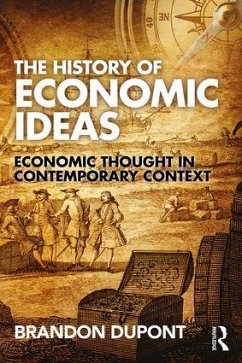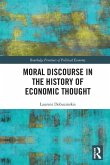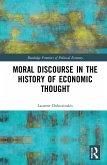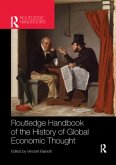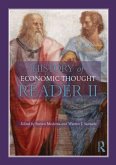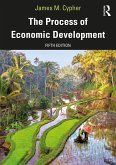The global financial crisis has drawn attention to the importance of understanding historical ideas and learning lessons from the past. However, it can sometimes be difficult to trace the connections between old ideas and modern day issues. This textbook traces the evolution of economic ideas from the ancient to the modern world by examining the contributions of the most important scholars to some of the most important ideas in economics.
The History of Economic Ideas surveys topics that are important for the understanding of contemporary economic issues, including the ethical foundations of modern economics; ideas regarding property rights; price theory; money and interest; public finance; the theories of business cycles and economic growth; international trade; and issues related to population and resource use. The book's originality lies in its overall organization, which allows readers to explore the development of ideas on a specific topic in detail. Yet it is brief enough to use alongside the original writings on which it is based.
Filled with student-friendly features including a series of "Did You Know" facts and end-of-chapter questions, this book is engaging and provides invaluable reading for all students of the history of economic thought and economic issues.
The History of Economic Ideas surveys topics that are important for the understanding of contemporary economic issues, including the ethical foundations of modern economics; ideas regarding property rights; price theory; money and interest; public finance; the theories of business cycles and economic growth; international trade; and issues related to population and resource use. The book's originality lies in its overall organization, which allows readers to explore the development of ideas on a specific topic in detail. Yet it is brief enough to use alongside the original writings on which it is based.
Filled with student-friendly features including a series of "Did You Know" facts and end-of-chapter questions, this book is engaging and provides invaluable reading for all students of the history of economic thought and economic issues.

